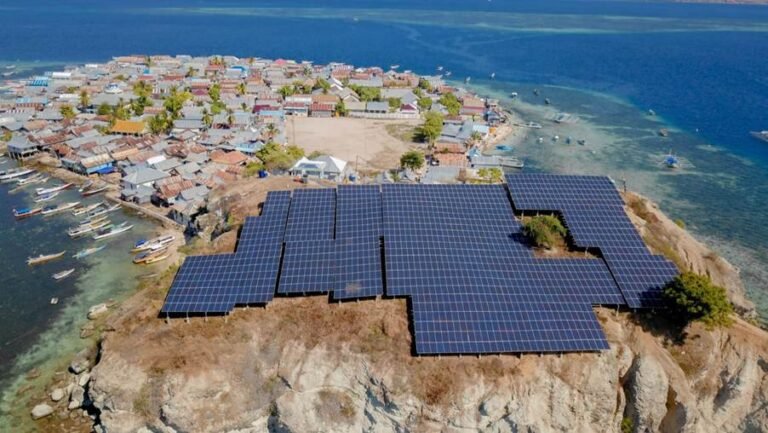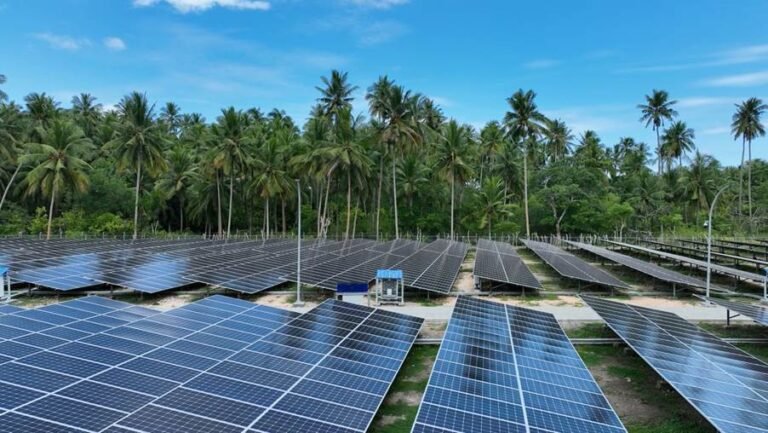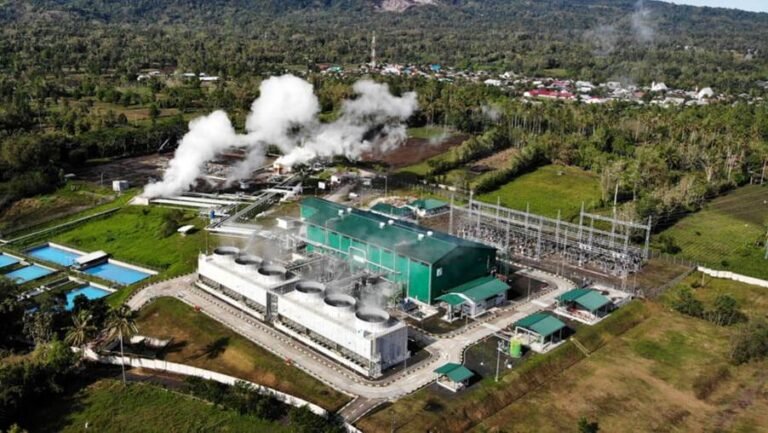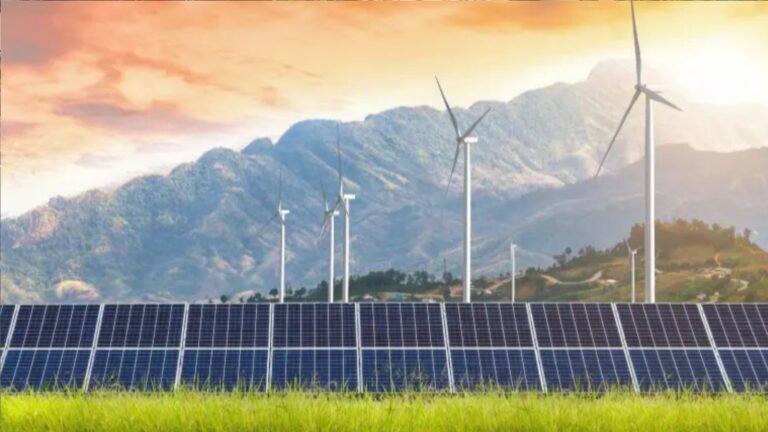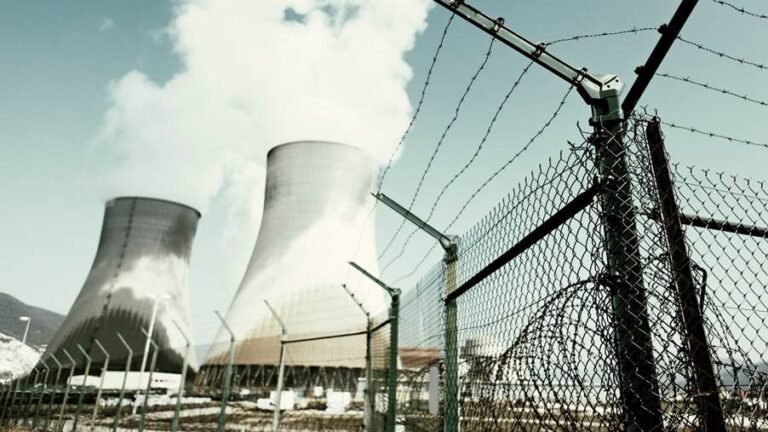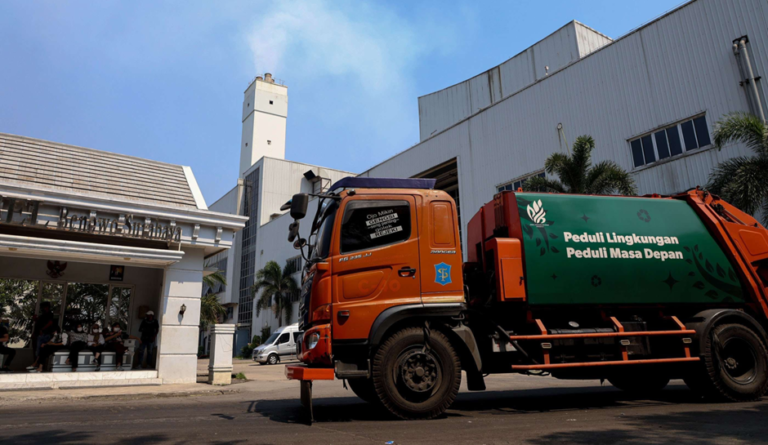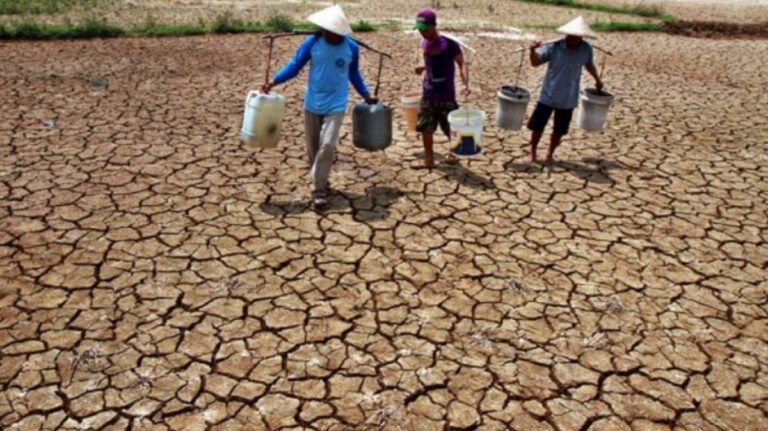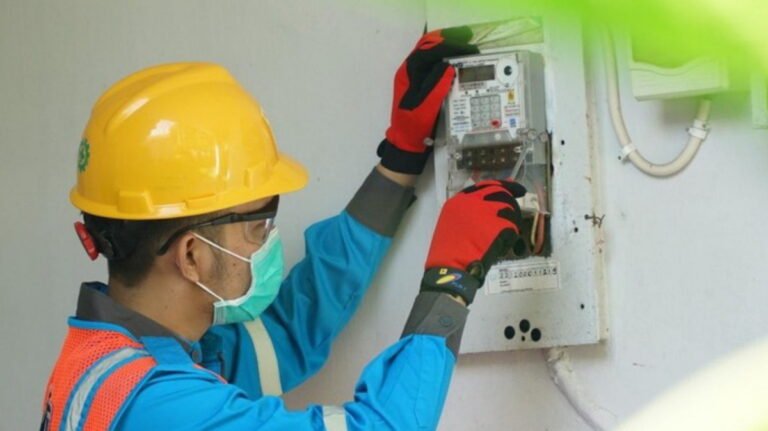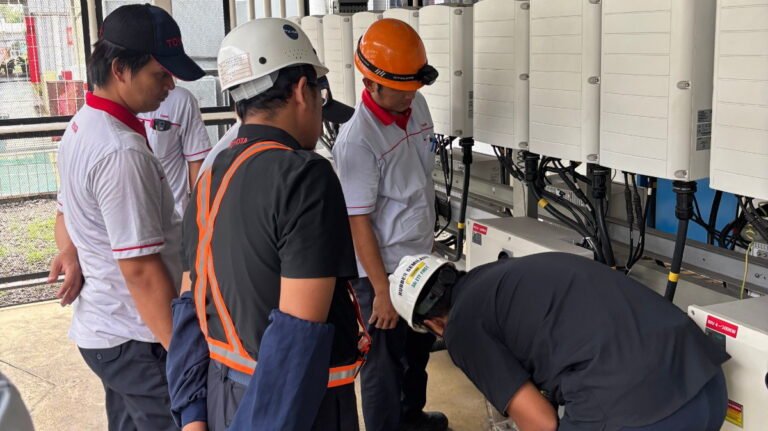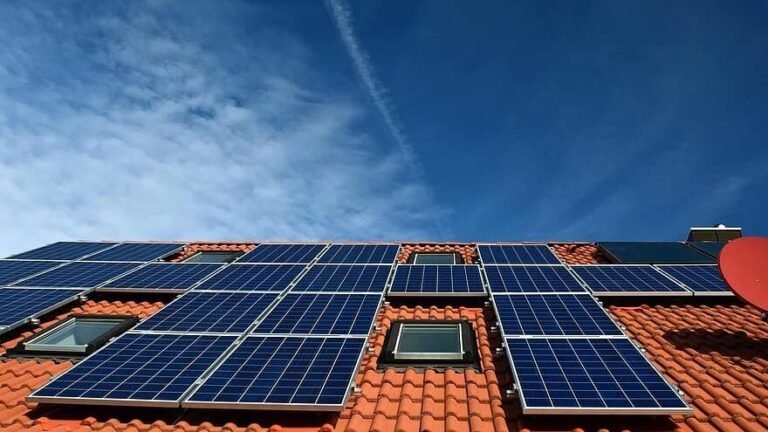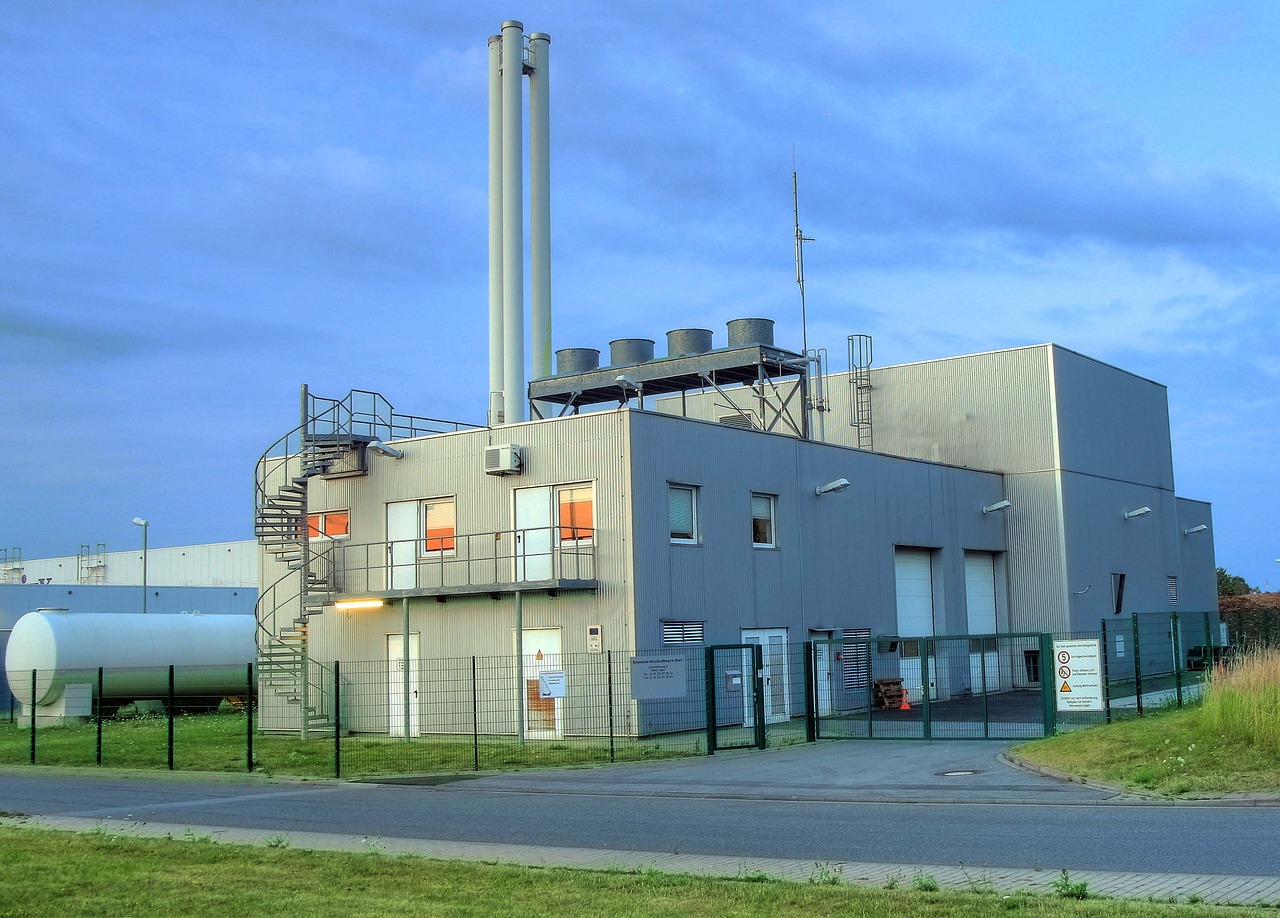
Summary :
- In a recent single year, the government allocated nearly $688 million to assist biomass power plants in fulfilling their mandatory renewable electricity generation quota. That is stated in the press release from MOTIE revealing the new policy.
- As of early 2024, South Korea obtained 84% of its wood pellets through imports, with 71% of these imports coming from Southeast Asia, predominantly Vietnam, along with an increasing supply from Indonesia.
- Smith remarked that he views South Korea’s policy to cut subsidies as the most recent of multiple significant challenges facing the biomass sector in 2024
South Korean Declaration about Renewable Energy
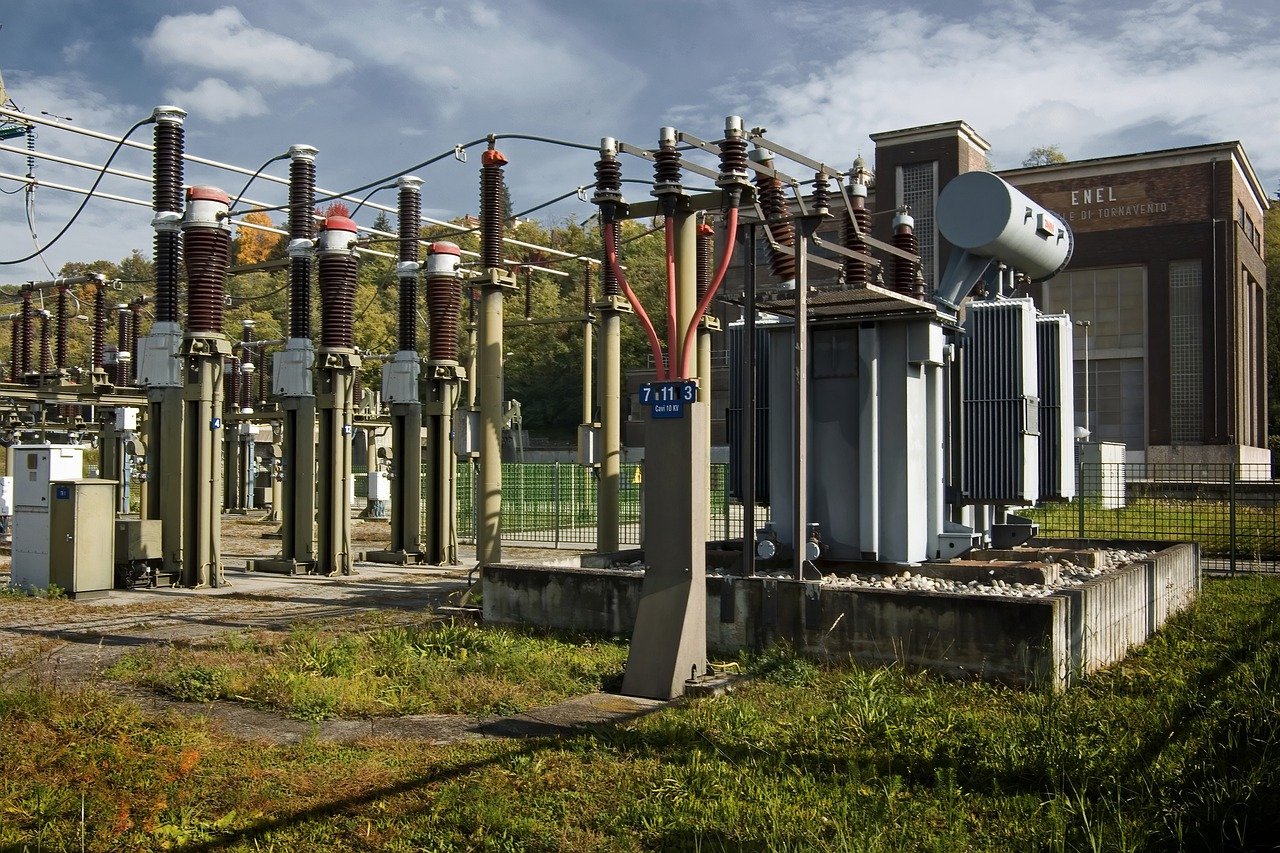
In a significant policy change, South Korea declared on December 18 that it will terminate renewable energy subsidies for new biomass initiatives, along with those for state-owned coal-and-biomass-cofired power facilities beginning January 2025. The country’s ministries also pledged to gradually cut subsidies that support current power plants utilizing imported forest biomass fuel.
According to the South Korean environmental nonprofit Solutions for Our Climate (SFOC), the sudden shift represents “the largest biomass policy rollback of its kind in Asia” and is also one of the biggest policy changes away from forest biomass subsidies anywhere globally. As of April 2024, South Korea is the second-largest consumer of forest biomass for energy in Asia, having imported 3.9 million metric tons of wood pellets.
Researchers and forest supporters have consistently claimed that using forest biomass for electricity generation is not carbon neutral. Instead, it results in higher carbon emissions than coal for each unit of energy generated and the production of wood pellets. A form of biomass fuel, leads to deforestation and harms forest biodiversity.
While South Korea plans to keep subsidizing domestically sourced biomass fuel, proponents express hope that cutting back on financial aid for imported biomass will help reduce the strain on forests at risk due to Asia’s expanding biomass market, especially tropical forests in Southeast Asia.
More :
- How Mineralization Can Help Reducing Carbon Emission
- China Plans to Cut Out Carbon Dioxide (CO2) on 2035
‘A move in the correct direction’
The reform of South Korea’s biomass policy stems from a collaboration involving the Ministry of Trade, Industry and Energy (MOTIE), the Korea Forest Service, and the Ministry of Environment. Collaboratively, they decided to reduce the nation’s reliance on imported wood pellets due to concerns regarding the adverse effects of biomass on forests and climate change.
So far, South Korea has supported biomass energy via its renewable energy credit (REC) initiative. The SFOC statement highlighted that power plants using biomass from forests have been assigned greater REC weightings compared to those for “true” renewables. According to the press release from MOTIE revealing the new policy, the government allocated nearly $688 million to assist biomass power plants in fulfilling their mandatory renewable electricity generation quota, likely in 2023.
According to its updated policy, South Korea will cease supporting any new biomass power facilities and RECs for imported wood pellets will be gradually reduced or eliminated. Support for six publicly owned facilities that mix coal and biomass will conclude by January 2025. REC allocations for three publicly owned plants solely dedicated to biomass will be reduced by 2027. At privately operated facilities, RECs for cofired biomass will be eliminated over the coming decade, while REC weightings for dedicated biomass facilities will decrease over the next 15 years.
Even with the decreased government subsidies for imported forest biomass, environmental advocates argue that locally produced wood pellets and chips will continue to receive the same support as previously, including those cofired with coal, threatening South Korea’s forests. Current subsidy rates for ‘bio solid refuse fuels,’ including residential waste wood and various plant-based feedstocks, will likewise remain unchanged.
What Lies Ahead for the Biomass Sector in Asia?
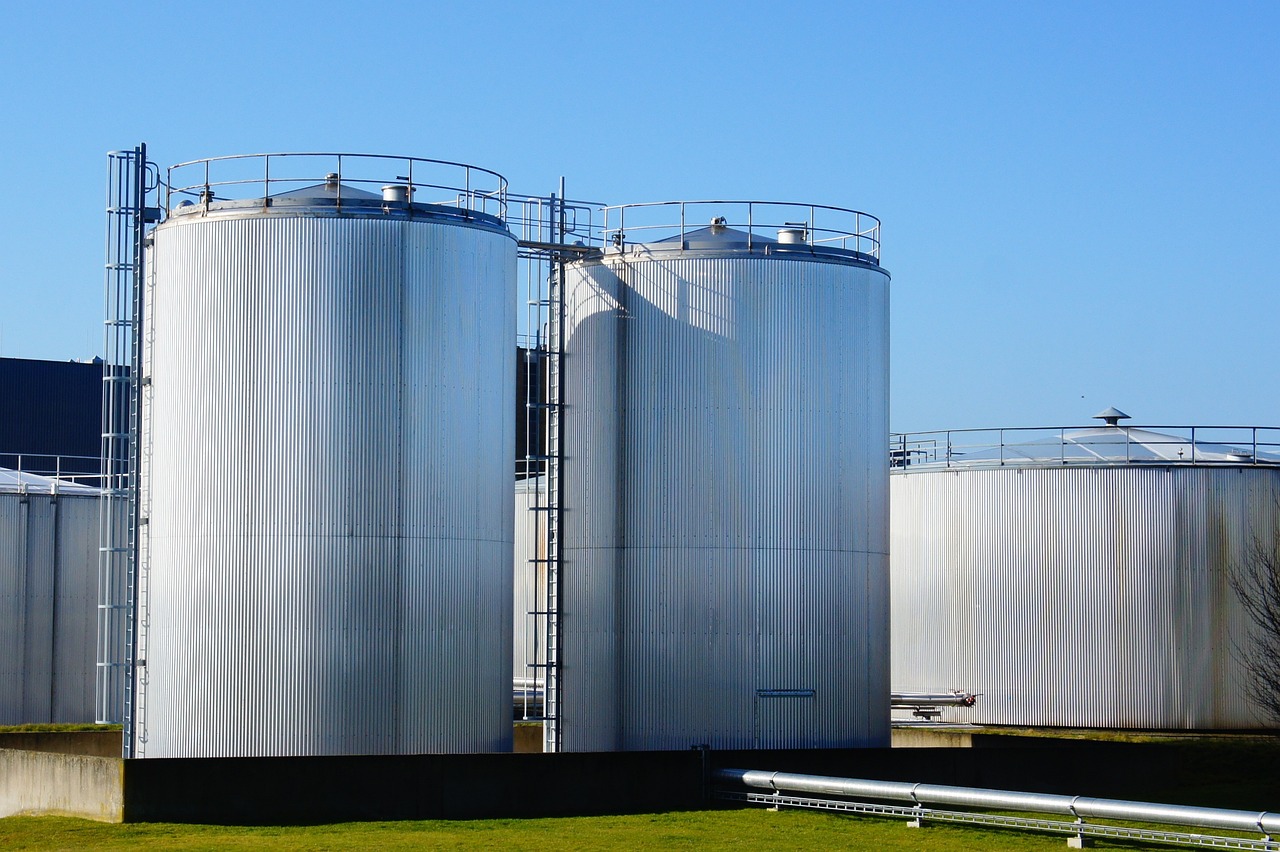
Forest advocates express optimism that South Korea’s policy reforms can help reduce pressure on Southeast Asian forests, particularly given the region’s increasing biomass utilization.
As of early 2024, South Korea imported 84% of its wood pellets, with 71% of these imports sourced from Southeast Asia, predominantly Vietnam and increasingly Indonesia. South Korean legislator Moon Dae-Lim recently criticized the importation of wood pellets derived from deforested rainforests in Indonesia’s Sulawesi Island.
Meanwhile, Japan is positioned to become the world’s largest importer of wood pellets by 2030, sourcing its biomass fuel from Vietnam, Canada, and increasingly from Indonesia, with California as a potential future supplier. While the Japanese government has eliminated financial incentives for new forest biomass initiatives, it has not committed to rapidly phasing out existing subsidies. Additionally, biomass power plants already in the planning stages will remain eligible for government support.
More :
- Biomass Carbon Removal & Storage (BiCRS) for Remove Carbon Pollution
- Indonesian Carbon Capture & Sequestration Regulation Overview
Smith remarked that he views South Korea’s policy to cut subsidies as the most recent of multiple significant challenges facing the biomass sector in 2024, which also include the insolvency of Enviva, the largest wood pellet manufacturer globally; measures taken by three major Japanese banks to limit biomass financing; and a large Japanese biomass facility’s choice to halt operations because of unprofitability.
#zonaebt #EBTHeroes #Sebarterbarukan
Editor: Aghnia Tazqiah
References :
[1] South Korea slashes forest biomass energy subsidies in major policy reform

